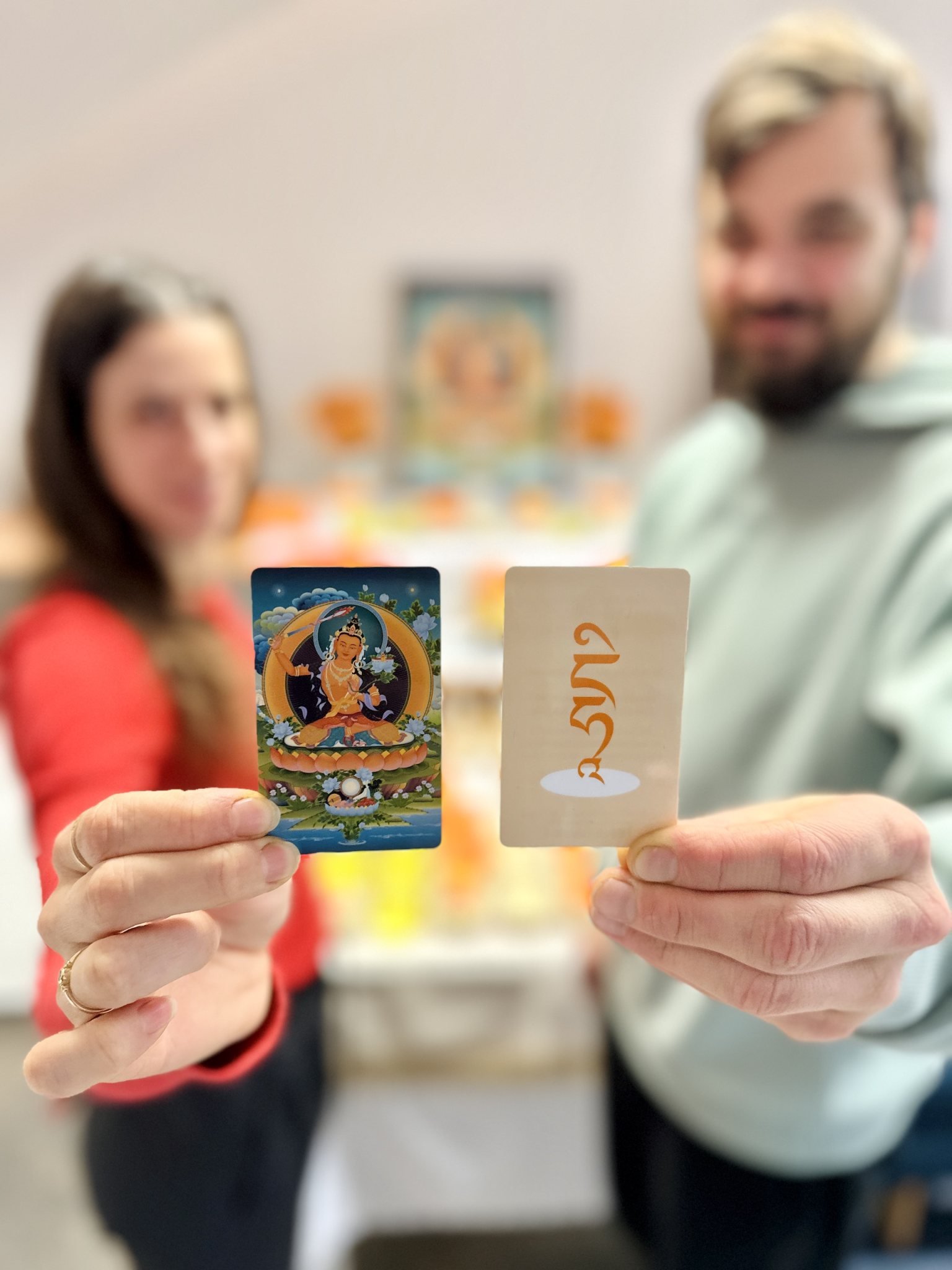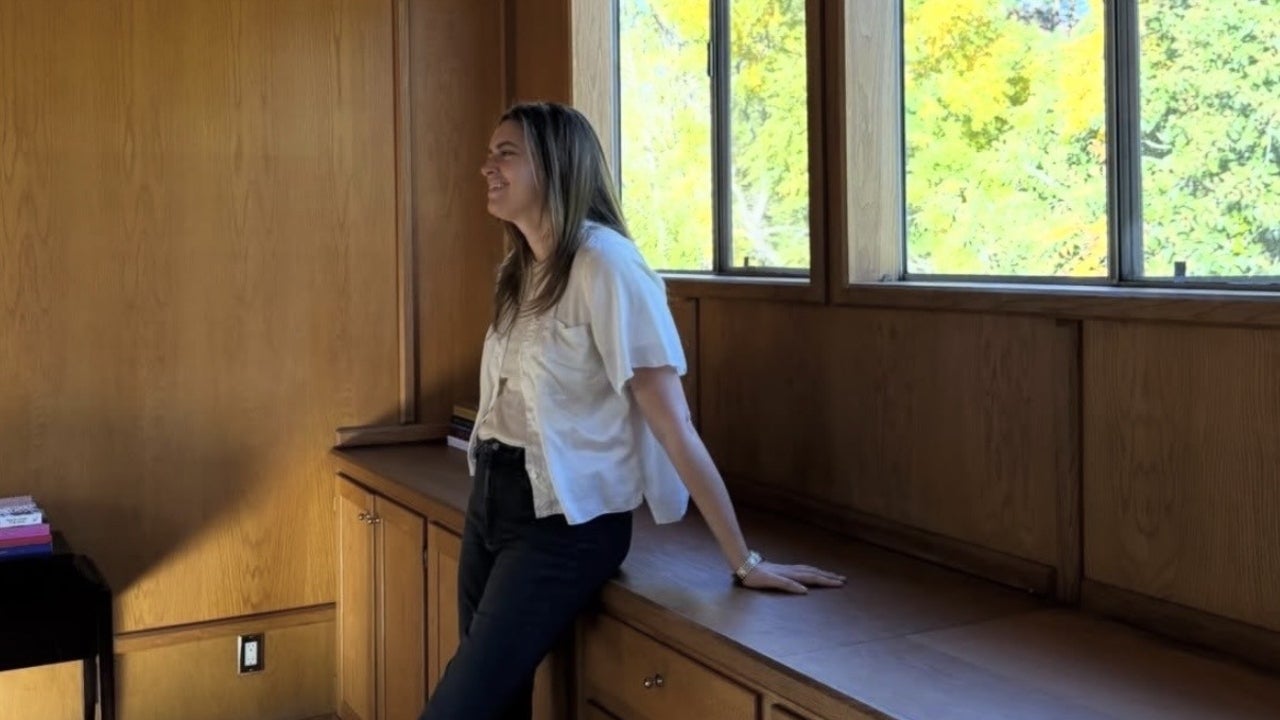How to Say No to Reclaim Your Time and Sanity
My six-year-old grandson (all three of my grandsons, really) often teaches me things I don’t know. Sometimes it’s a bit of information about the solar system. Other times it’s an arcane detail about Minecraft. When Damien visited last month,...


My six-year-old grandson (all three of my grandsons, really) often teaches me things I don’t know. Sometimes it’s a bit of information about the solar system. Other times it’s an arcane detail about Minecraft. When Damien visited last month, he reminded me of an important life skill.
I was fixing his favorite lunch (tuna on sourdough), and I asked him if he also wanted some strawberries. “No, thank you, Grandma,” he said. No drama, no whining, no apologies or excuses. Just “No, thank you.”
So Straightforward
He didn’t say, “Sorry, I’m just not in the mood for strawberries today. I hope that’s okay.” He didn’t say, “I don’t really want strawberries, but if you want me to have them, I guess I will.” He didn’t say, “I’m not sure. Let me get back to you later about that.”
Regardless of the nutritional value of strawberries, or whether you think he should eat what he’s given without discussion, Damien modeled behavior I could learn from.
You see, those other possible answers are ones I often use when someone asks me to volunteer for a cause or attend a social event. I find it hard to simply say “No, thank you,” even when that’s my real choice.
If you enjoy learning and doing new things, using your talents, helping others, and nurturing cordial relationships, you might find yourself giving those other answers too. Even if you’re already busy or simply want some downtime, you may struggle to say three simple words – “no, thank you.” You might even feel they’re rude, even though they aren’t.
This perfectly pleasant statement is almost taboo in our culture. It seems too awkward. We feel we have to justify it. We have to explain how “crazy busy” we are, how we wish we could do more, how we probably will do more in the future, and how much we regret not being able to do it now.
Our constant need to please everyone all the time keeps us struggling to keep up as we run in multiple different directions. And let’s be honest – it makes us feel important to have so many requests for our time and expertise. It makes us feel indispensable. It’s part of proving our worth.
But saying “no, thank you” is essential. Until we can learn to say it, we can’t say “yes, please” to what really matters. Until we can focus on what we really care about, we may be busy and in-demand, but we won’t be fulfilled. Without “no, thank you,” we can’t simplify anything.
4 Ways to Say “No, Thank You” More Often
1. Understand what you value.
Values aren’t just your moral beliefs. Values are the list of things you care about most. You know what shows them most clearly? The activities you spend time on, and the things you spend money on. Your calendar and your bank statement will give you a good idea of what you’ve been prioritizing so far.
Once you know what you’ve been placing value on, you can decide if those things are taking you where you want to go. What do you want to accomplish with your one life? When you come to the end of it, what memories and achievements will give you most satisfaction? How do you need to live so that you’ll be remembered as the person you want to be? Which activities, of those available, will contribute to your purpose?
2. Identify what drains you and what feeds you.
This is a question to revisit often. Which people in your life are supportive, encouraging, and reliable? Which projects do you look forward to working on, and can’t believe how time has flown while you’re in the flow? Give your energy and focus to those people and activities, and start saying “no, thank you” to the rest.
3. Be aware of your current season of life.
Do you have toddlers? Teenagers? A new career or business? Are you retired? Strong and healthy, or not? Take a moment to assess where you are and adjust your priorities accordingly. Sometimes “no, thank you” might mean “not now.”
4. Look to the future.
Picture your life five years from now. Where are you? Who do you spend time with? What are you working on? How do you use your free time?
This is an important exercise whether you’re 30, 50, or even 70. Once you know where you want to go, you can more easily identify what’s helping you and what’s hindering you. You’ll see that some things are worthwhile, while others may be wasting your energy or holding you back.
Why You Should Practice These Words
Of course, there are times in life when your own needs must take a backseat. Your child, your parent, or your life partner may sometimes require sacrifice on your part. But if you always prioritize other people’s needs over your own, I can tell you from experience that you’ll feel resentment and stress. You’ll wind up living your life according to someone else’s agenda, rather than your own – a recipe for exhaustion and discontent.
So practice with me and Damien: “No, thank you.” Before you have to say it to someone in real life, practice saying it out loud as you dress in the morning or while you’re in the car. Get comfortable with the three words we’ve been conditioned not to say.
Then try it out. Say it to someone who asks for your commitment, and just wait. See what happens. You might be surprised to see that they’re less upset than you expected, and that you feel a new sense of self-determination and purpose.
Learning to say “no, thank you” brings freedom. It lets us use our precious time wisely. And most importantly, saying “no, thank you” makes it possible to say “Yes, please!” to the things we really care about.
***
About the Author: Karen Trefzger is a writer, singer, teacher, wife, mother, and grandmother who has been choosing a simpler life for over 20 years. She is the author of several books about minimalism, and blogs at Maximum Gratitude Minimal Stuff.

 JaneWalter
JaneWalter 































